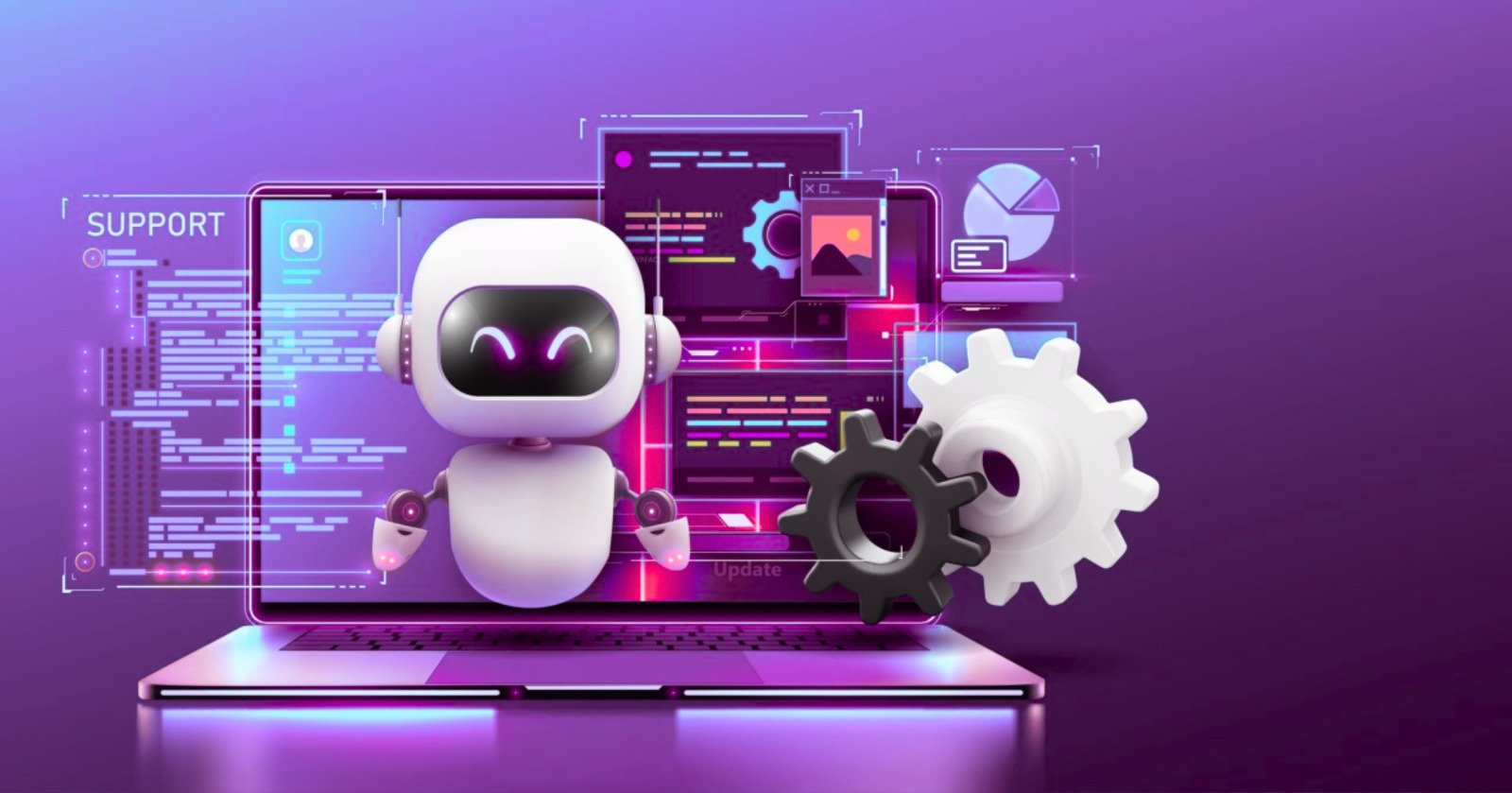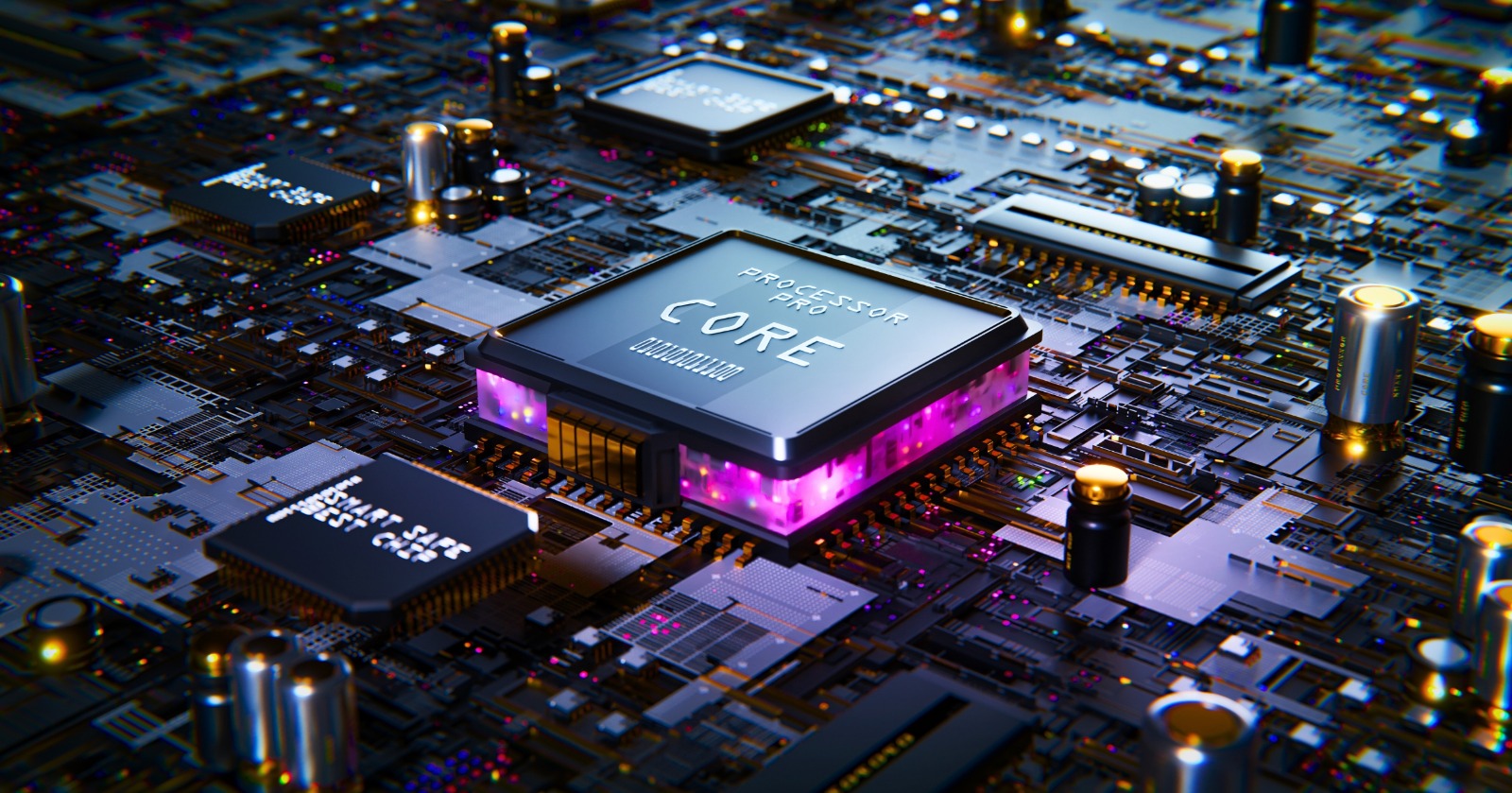As technology advances at an unprecedented pace, the future of Artificial Intelligence (AI) stands at the forefront of this revolution. With breakthroughs in machine learning, natural language processing, and automation, AI is poised to revolutionize industries and reshape everyday life. Let’s explore the key trends and developments that will shape the future of AI.
1. Advancements in Machine Learning and Natural Language Processing
Machine learning is the cornerstone of AI’s growth, and its advancements will continue to redefine what’s possible. The next few years will bring even more sophisticated algorithms that can process vast amounts of data with near-human accuracy.
- Machine Learning: Expect AI systems to handle tasks with greater precision and speed, enabling better decision-making and problem-solving across industries.
- Natural Language Processing (NLP): AI’s ability to understand and generate human language will improve, resulting in seamless, intuitive interactions. From chatbots to voice assistants, NLP will create more dynamic and responsive experiences for users, revolutionizing everything from customer service to healthcare communication.
2. Seamless Integration into Everyday Life
AI is already becoming part of our daily routines, from virtual assistants like Siri and Alexa to automated tasks in smart homes. The future will see AI becoming more ingrained in our lives, helping us in more meaningful ways.
- Personalized Experiences: AI will provide tailored experiences in various sectors like healthcare, education, and personal productivity. Imagine having AI-driven health monitoring that predicts issues before they arise or educational tools that adapt to each student’s learning style.
- Smart Homes and Cities: AI will enable smarter homes and cities by optimizing energy use, traffic flow, and even predicting equipment failures before they occur. The potential for a fully integrated, AI-powered environment is vast and transformative.
3. Building Ethical Frameworks for Responsible AI
As AI’s capabilities expand, so does the need for responsible and ethical AI development. Moving forward, creating ethical frameworks to govern the use of AI will be crucial.
- Bias and Fairness: Ensuring AI systems are free from bias is vital. The future will require frameworks that promote fairness in AI decision-making processes, particularly in areas like hiring, lending, and law enforcement.
- Data Privacy: With AI systems processing massive amounts of personal data, safeguarding privacy will be a priority. Governments and organizations will need to create transparent, secure data protocols.
- Accountability: As AI systems make increasingly complex decisions, it will be necessary to establish clear accountability measures. Companies will need to be responsible for AI outcomes, ensuring trust in these technologies.
4. The Evolution of Human-AI Collaboration
Rather than replacing humans, AI will be a tool to enhance human potential. The future of AI is centered on human-AI collaboration, where machines perform repetitive tasks, and humans focus on creativity, strategy, and innovation.
- New Roles and Skills: As AI handles mundane tasks, the workforce will see a shift toward higher-value roles. This will also spur a demand for new skills in AI development, data analysis, and technology management.
- Collaborative Intelligence: The fusion of human ingenuity and AI’s computational power will unlock new possibilities. Together, humans and AI will work in tandem to tackle challenges that were once thought insurmountable.
5. Addressing Challenges in an AI-Driven World
While AI promises immense benefits, it also brings challenges that must be addressed proactively.
- Job Displacement: The automation of tasks may result in job displacement, particularly in low-skilled sectors. It’s important to invest in reskilling and upskilling programs to prepare workers for the AI-driven job market.
- The Digital Divide: As AI becomes more embedded in society, ensuring equitable access to technology will be a major challenge. Policymakers must work to bridge the digital divide, ensuring that underserved communities benefit from AI advancements.
- Ethical Dilemmas: As AI becomes more autonomous, ethical dilemmas surrounding privacy, surveillance, and decision-making will need to be addressed in real-time to maintain public trust.
Wrap-Up: Embracing AI with Responsibility and Innovation
The future of AI holds immense potential to transform industries and improve lives. However, with this potential comes a responsibility to address the challenges AI presents. As we look ahead, it is essential that we embrace AI’s capabilities while ensuring ethical practices, societal well-being, and responsible innovation.
- Collaboration and foresight will be key in navigating the AI landscape. By working together, businesses, governments, and society can maximize the benefits of AI while safeguarding our future.
AI’s future is not just about advancing technology; it’s about creating a future where humans and machines coexist harmoniously, driving progress, innovation, and a better quality of life for all.




